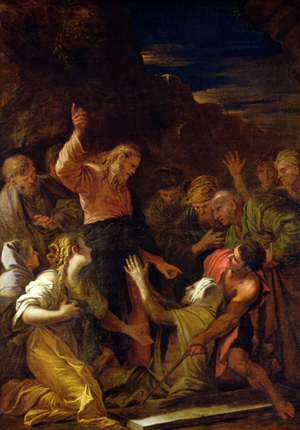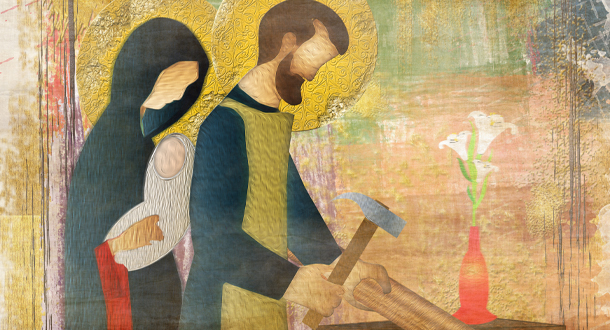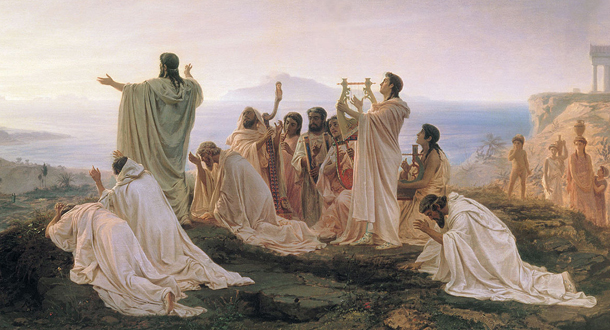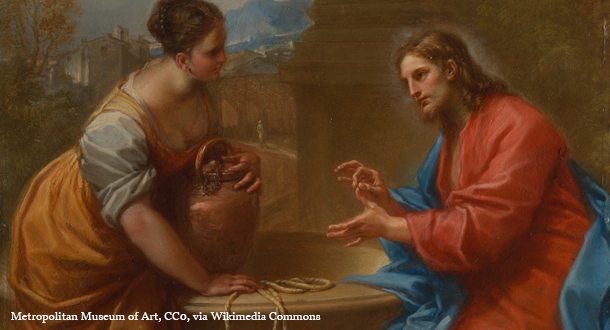Scripture:
Reflection:
Lent: A Time for Healing

Can you imagine waiting 38 years to be healed. In today’s gospel story an invalid, by the pool at the Sheep Gate, is waiting for the water to be stirred up so he could be healed. The invalid had no one to assist him into the pool. Jesus, knowing the man’s desire to be healed asked him: “Do ‘you want to be well?” After all of these years the man could have lost hope of ever being healed. Jesus issues three commands: “Rise, take up your mat, and walk.” The man was healed. (Sacred Space: John 5:1-16, www.sacred space, a ministry of the Irish Jesuits.)
How long have you or other members of your family have been waiting to be healed or liberated from something. Do we want to be well? Are we willing to do the things that we need to do to become well? If you are concerned about your own health and well-being, bring your anxiety and concerns to the Lord.
The first reading depicts an endless life-giving stream flowing out from the temple. This magnificent river flowing out from the temple was life-giving and healing. The passage from Ezekiel is linked to today’s gospel story of the healing of the invalid who had been waiting for the waters to move. In the Old Testament water symbolizes God’s blessing and drought signifies a curse. (Sacred Space: Ezekiel 47:1-9, www.sacred space, a ministry of the Irish Jesuits.)
Are we open to God’s blessings in our life? Are we open to healing and changing our lives or have we given up. Lent is not just a time for giving up something but about reflection, self-examination, healing and spiritual growth. We are at the half-way mark in Lent. What healing, spiritual growth and progress have I made with God’s help. Lord, help me to continue to heal and grow this day and every day.
Carl Middleton is a theologian/ethicist and a member of the Passionist Family.







